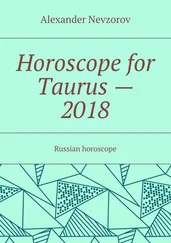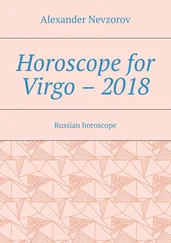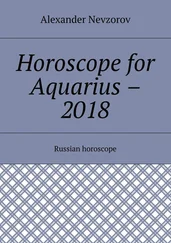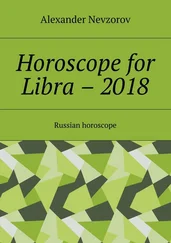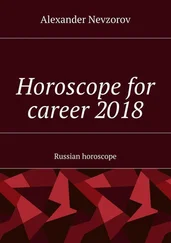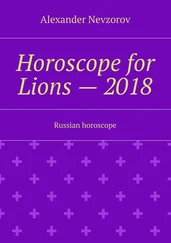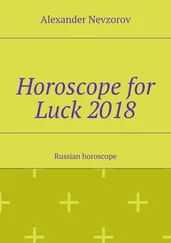My first months in Moscow coincided with the ever- quickening collapse of Germany and the days were punctuated by the booming of cannon and pyrotechnic displays to herald yet another Soviet victory. These salutes were very effective at first but got tedious after a time and must have been an infernal nuisance to the inhabitants of the jerry-built houses around ours, as there was a battery in the neighbourhood which fired part of the victory salvos and it must have shaken the flimsy houses considerably. In general the Moscow public were singularly apathetic about the war news. There were few newspapers in Moscow at that time save for an occasional one stuck up on a bulletin board, and few people appeared to look at the boards. All wireless receivers had been confiscated earlier in the war but their place was taken by loudspeakers in the streets and squares which broadcast a continuous programme of music and propaganda.
A quarter of an hour before the time for one of Stalin's Orders of the Day proclaiming a victory a special announcer broke into the programme and invited everyone to gather round and wait for an important announcement which was shortly to be made. The announcement was ultimately made, and very impressively it was done, but few people stopped to listen to it. The only announcement they wanted was that saying the war was over at last. The Russian propagandists had made the same mistake as Goebbels with his Sondermeldung and all its impressive accompaniments of Wagnerian music. Such things are all very well once or twice, but frequent repetitions, however good the news may be, dull the senses and breed contempt.
When VE Day did arrive the people of the Soviet Union remained in ignorance of it "for political reasons." Before it could be announced Prague had to be liberated by Soviet troops and as a result the Soviet Union had the dubious privilege of celebrating their VE Day twenty-four hours after the rest of the world.
The director had sent me a short-wave receiving set soon after our last interview and as a result I was able to keep in touch with world news, even though electricity cuts (sometimes we got only one hour's electricity a day) prevented anything like continuous listening. I managed to pick up enough to show me that the war was over and by some mysterious means the whole population of Moscow also seemed to be aware of it- though there had been no official announcement.
The morning after all the other Allies had celebrated the end of the European war, Ivan told me that there was a rumour that Stalin himself would announce the defeat of Germany from the top of Lenin's tomb. Accordingly we both went to the Red Square where we joined the crowd of thousands who had heard the same rumour. There was an atmosphere of tense excitement which heightened and grew almost unbearable when the loudspeakers announced that an important announcement would shortly be made. There was a corresponding emotional slump when all that was announced was the Order of the Day on the capture of Prague and the list of generals who had taken part in the "historic battle."
As there was obviously nothing to be gained by looking at the Kremlin wall, the crowd moved off into the neighbouring Revolution Square where they cheered members of the staff of the American Embassy who appeared from time to time on the balcony. It was not till that evening that the long-awaited announcement was made over the wireless that the war was over and "the flag of freedom floated over Berlin." By that time most of the enthusiasm had evaporated and, though it was somewhat revived by the booming of the victory salutes and the firework displays, the crowd seemed content to wander aimlessly about the town looking in vain for someone to cheer.
The end of the war had its own particular importance to me as it had to everyone. To most it meant that there was a chance of going home and rejoining their families. To me it meant that my affairs would be cleared up speedily and I should probably be off on my work for the Centre again.
PREPARATION FOR A MISSION
In the last chapter I digressed from the main story to indulge in anecdotes about Moscow. The main thread was broken off at the meeting with the director.
Before he left me that memorable night when I felt I was on trial for my life, he had said that I would have to lie fallow in Russia for some time until things had quieted down and I had been forgotten by the counterespionage service of other powers. I protested violently against this. I explained with great force and eloquence that Russia had had its Revolution and that I had no intention of sitting quietly in Moscow when postwar conditions would make the rest of the world ripe for revolution. If the Centre was not prepared to use me for espionage work I demanded to be sent back to England to return to legal Party work there. This "revolutionary" zeal seemed to impress the director and he told me to work out a few alternative plans for possible espionage work abroad and put them down on paper for him to consider. We parted, with him convinced, I think, of my flaming enthusiasm for the cause in general and Soviet espionage in particular. That was the impression I wished to convey.
In fact my first six weeks in Moscow had convinced me that Nazi Germany as I had known it was a paradise of freedom as compared with Soviet Russia. I was determined to get out of it as soon as possible and return to a world where freedom was more than a propaganda phrase. The only way that I could get out alive was to feign enthusiasm for any espionage plan put up, earn on in Moscow as a good Communist till I was posted elsewhere, and then get out of the clutches of the Centre as fast as possible. I had done my best to help the Russians win their war but after I had seen them and their methods firsthand and at home I was determined not to help them win their peace.
I did not see the director again till about six months later, in September 1945, but I continued to receive lists of questions to answer; however, these now arrived only about once a week instead of almost daily. I duly replied to them and also sent off my suggestions regarding possible future employment. The only work I did for the Centre was to note down salient points of news and policy line which I was able to pick up from listening to foreign broadcasts on the short-wave set the director had sent me. About the time the set arrived I also received Soviet documentation which made me out to be Alexander Alexandrovitch Dymov, born in Madrid; the birthplace being of course to explain my faulty Russian.
Peace did not bring that return to normalcy which every Russian seemed to expect. The average inhabitant of Moscow seemed to have the idea that as soon as the shooting had stopped the shops would overnight fill with goods, the general theory being that these goods would be German. In fact the end of Lease-Lend resulted in a worsening of the ration for those who until then had been living on American goods bought in the special shops. Also, with the end of the war military movements seemed to go on at the same tempo. Many of the generals who came back from the West had only a few days' leave and then were transferred to the Southeast. The tension was not decreased by the construction and manning of even more balloon-barrage posts in and around Moscow after VE Day.
It was perfectly obvious from the talk of the generals, and especially their wives, and the propaganda line doled out by Vera, that the heat was about to be turned on Turkey and Iran. Vera explained the policy with great frankness. The war with Japan tied the hands of the Anglo-Saxon powers while neutral Russia had her hands free and could achieve her ambitions in the Southeast without interference, for if the worst came to the worst she could always hold the threat of a deal with Japan over the heads of her late allies. The dropping of the atom bomb put an end to this tense situation and enabled Russia to get her cheap gains in the Far East, though temporarily shelving her ambitions nearer home.
Читать дальше




